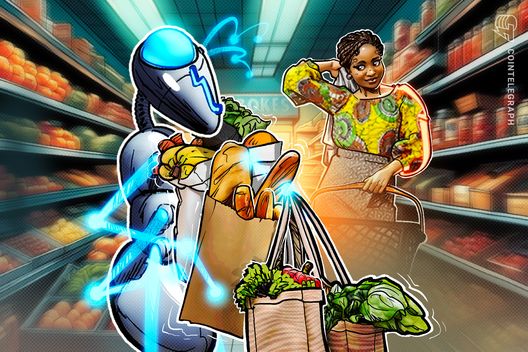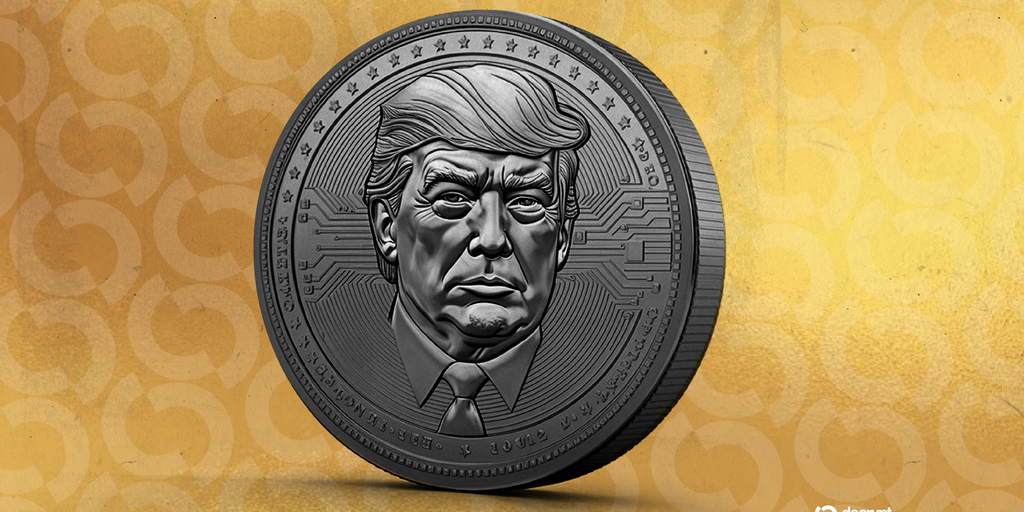Blockchain can end the food fraud crisis, but it’s a costly battle
Food fraud costs the global food industry between $30 billion and $50 billion annually, posing significant risks to public health. Key issues include scalability, cost, interoperability, and privacy concerns regarding blockchain technology, which could help combat this fraud. Food fraud encompasses mislabeling, counterfeiting, and dilution, with examples like melamine in milk and horsemeat sold as beef. The complexity of supply chains, particularly in cold chain logistics, facilitates fraud. Blockchain offers transparency and security through decentralization and immutability but faces challenges in data accuracy and integration with existing systems. Successful implementation requires clear use cases, industry standards, and collaboration. The integration of blockchain with IoT and AI presents opportunities for enhanced food safety and operational efficiency, potentially transforming the food system into a more sustainable and resilient model.











